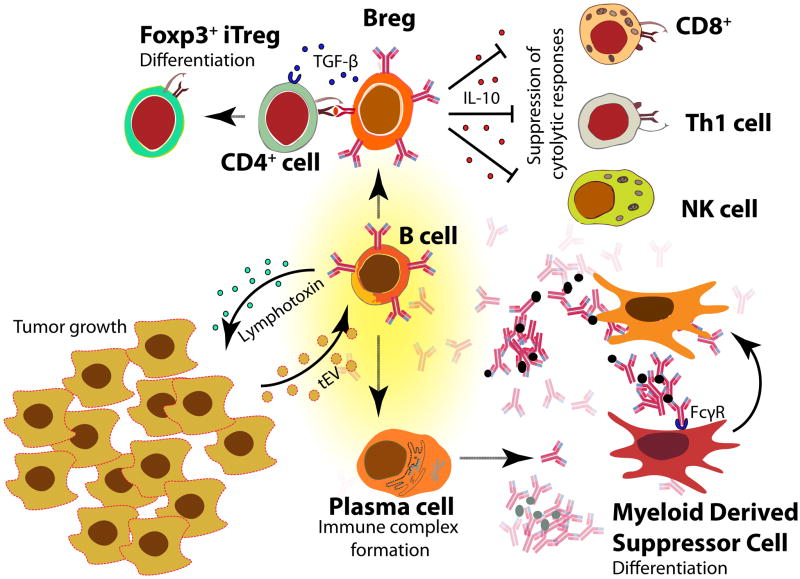Figure 1. B cell suppression of the antitumor response.
B cells can produce lymphotoxin, which induces angiogenesis and thus promotes tumor growth. Tumor-derived extracellular vesicles (tEVs) can activate B cells to produce antibodies, which can bind antigen and form immune complexes. These circulating immune complexes can activate Fcγ receptors on myeloid cells, inducing them to become myeloid-derived suppressor cells, which suppress anti-tumor CD4+ and CD8+ T cell responses. A subset of B cells called regulatory B cells (Bregs) can also secrete immunoregulatory cytokines, including TGFβ, which induces CD4+ T cells to become Foxp3+ CD4+ T regulatory cells (Tregs), and IL-10, which suppresses CD4+ Th1 cells, natural killer (NK) cells, and CD8+ cytotoxic T cells.

